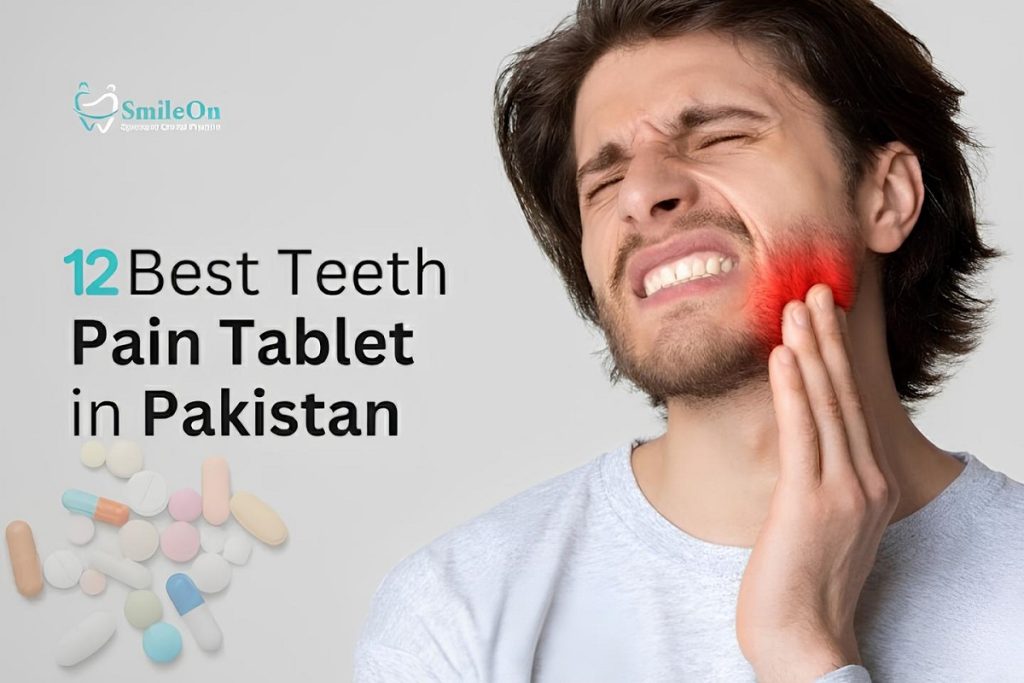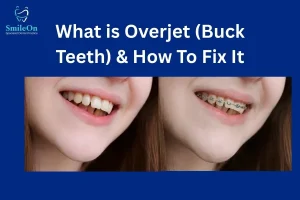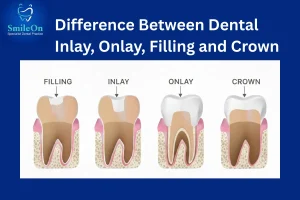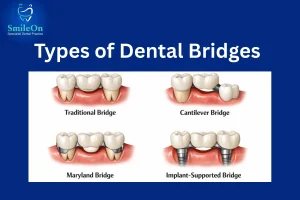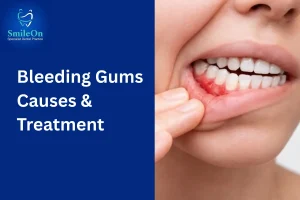Having a toothache can be very uncomfortable, and it is very annoying at work. For that reason, many will search for speedy treatment during the first experience of tooth pain. Taking pain killer for teeth is a handy remedy. Over-the-counter analgesia can decrease inflammation and pain. These drugs cause short-term alleviation by acting on pain receptors.
We will talk about the most common tooth pain killers in Pakistan. Anyone can also buy these tablets at pharmacies.
Table of Contents
ToggleLet’s Reveal the 12 Best Teeth Pain tablets in Pakistan:
1. Ansaid
This is a nonsteroidal anti-inflammatory (NSAID) toothache medicine in Pakistan that lessens inflammation and pain. It acts as a mild to severe pain reducer and even untreatable dental problems. The Ansaid tablet uses for teeth after root canals and deep fillings. However, adverse effects may result from taking it without the right advice. Heartburn, nausea, and upset stomach are typical side effects.

If you have stomach issues or ulcers, stay away from Ansaid. To prevent problems, always take the prescribed amount of time. Never take more medication than is recommended or self-medicate. Make a quick appointment with your healthcare physician if the pain continues.
2. Synalgo
You can take Synalgo for tooth pain but consult a healthcare professional first. Synalgo contains diclofenac, which reduces pain and inflammation. Dentists may prescribe Synalgo tablet uses for toothache in severe cases. Avoid using Synalgo if you have allergies to diclofenac or similar medications.

Take Synalgo as recommended by your doctor. Do not exceed the dosage and check for any side effects like stomach discomfort or dizziness. Stop using it if you experience severe reactions. Drinking plenty of water helps reduce potential side effects. Also don’t use this tablet with other pain medications without professional advice.
3. Ibuprofen
A common and best pain killer tablet for toothache is ibuprofen. Furthermore, it is highly effective in reducing dental pain. The fast-working nature of this painkiller helps to alleviate your discomfort. There are many ibuprofen uses and it also reduces the amount of inflammation in the area affected. According to doctors, ibuprofen should be taken with food to avoid stomach upset.

Dosage instructions should be followed strictly by people. Side effects may include nausea or dizziness caused by overuse. Pregnant women should consult a doctor before using ibuprofen. Furthermore, those with some health conditions should consult their doctor. If appropriately taken, ibuprofen can offer good relief from a toothache.
4. Torex IR
Torex IR is primarily for treating cough and cold symptoms. It is also used for dental treatment, minor surgeries, and inflammation of joints effectively. You need to use pain relief, like ibuprofen or paracetamol, specifically designed for dental pain. If your toothache is severe, visit a dentist as soon as possible. A dentist can diagnose and treat the underlying cause of the pain.

Other Torex IR tablet uses include treating arthritis, spondylosis and injuries. Avoid using Torex IR unless prescribed by a healthcare professional. Misuse of medications can cause unwanted side effects. Prioritize getting appropriate treatment for toothache.
5. Panadol
In Pakistan, Panadol is a low-priced medicine for tooth pain. It is also the most famous pain killer tablet name in Pakistan that’s found in every household. The Panadol tablet is prescribed for those with mild to moderate dental discomfort.

Using a pain reliever for post-operative discomfort is also a good idea. But take only as much as suggested. Adults can take a 500 mg dosage twice daily. However, you should consult with your physician about the correct dose.
6. Naproxen
One of Pakistan’s best pain relievers is Naproxen, which prevents swelling and pain. Naproxen can be used for tooth pain because it lowers the hormones that cause inflammation. This is a most famous top pain tablet medicine that possesses nonsteroidal anti-inflammatory drug (NSAID) effects and is available in Pakistan.

People allergic to aspirin cannot take it, as it contains active salicylic acid. It may relieve pain such as menstrual cramps, gout, arthritis, or other conditions. Pay also attention to staying within the dosage as mentioned to avoid getting a heart attack or stroke. However, doctors also recommend this medication for Ankylosing Spondylitis.
7. Diclofenac
Usually, doctors prescribe Diclofenac to relieve pain from slight to moderate. This is an NSAID type and helps your body remove substances that cause pain and inflammation. This is also used for menstrual cramps, bursitis, rheumatoid arthritis, osteoarthritis, ankylosing spondylitis, low back pain, tendinitis, frozen shoulder, tenosynovitis, etc. It is given as a tablet, injection, or patch. It is usually taken as a tablet for a toothache.

Diclofenac has anti-inflammatory ana, analgesic, and antipyretic effects, in addition to the anti-inflammatory and analgesic effects. In other words, subsiding fever.
8. Celecoxib
Dentists often prescribe Celecoxib (an NSAID) for relieving pain since it blocks the enzymes that cause pain. However, patients can take it alongside other treatments for their toothache relief, always following your dentist’s instructions when they take this medicine.

Side effects of Celecoxib could include stomach upset and dizziness, and pregnant or breastfeeding women should avoid taking Celecoxib completely.
9. Tramadol
Though tramadol cannot fully cure the pain of a bad tooth, it can help you feel better much more rapidly by altering how your brain understands the pain. Dentists also prescribe tramadol to treat moderate to severe discomfort. Take it preferably with food to diminish nausea; it may cause dizziness and drowsiness as side effects.
Do not take tramadol in higher dosages than recommended to prevent acquiring dependence; if your pain persists you need to contact your dentist immediately because tramadol could not work for you.

If you have any existing medical conditions or are taking some other drug you have to tell your dentist about it as you start. Use tramadol only as directed for safety. Remember, addressing the underlying cause of toothache is vital.
Suffering from Teeth Pain? Let Our Expert Dentists Help You!
- Expert Dentists
- Trusted Solutions
- Satisfaction

10. Tonoflex
It is a painkiller normally used in Pakistan in the case of dental and muscular pains. Tonoflex possesses the property of both painkilling and anti-inflammatory effects that are able to treat toothache that is associated with sensitivity, dental injuries or surgery when less aggressive medications are not effective.
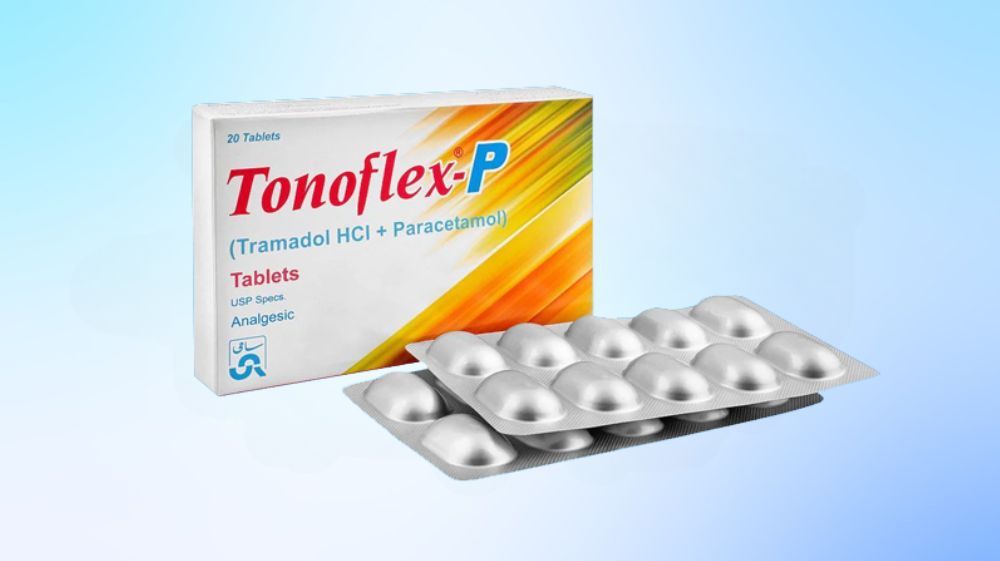
In some instances it does have side effects including drowsiness, dizziness or upset stomach, so never forget to take it under the supervision of your doctor, and strictly follow the instructions of your dentist or physician on the dosage.
11. Aspirin
It is a popular pain medication. It assists in relieving the mild-to-moderate pain of the toothache by decreasing the inflammation and preventing the passage of the pain signals in the body. Aspirin is very affordable and can be found at virtually every pharmacy in Pakistan hence it is a favorite solution to the temporary alleviation of dental pain.

Aspirin may cause stomach upsets and increase the risk of bleeding in those who are sensitive, thus, individuals with ulcers, who are also susceptible to bleeding or have other health conditions, should first consult the doctor.
12. Acetaminophen (Paracetamol)
The safe and most taken medicine in mild to moderate toothache in Pakistan is Acetaminophen or paracetamol. It does not have the same effect as the NSAIDs, which is to reduce the inflammation, but is a good alternative to most people who are not able to take the anti-inflammatory drugs.
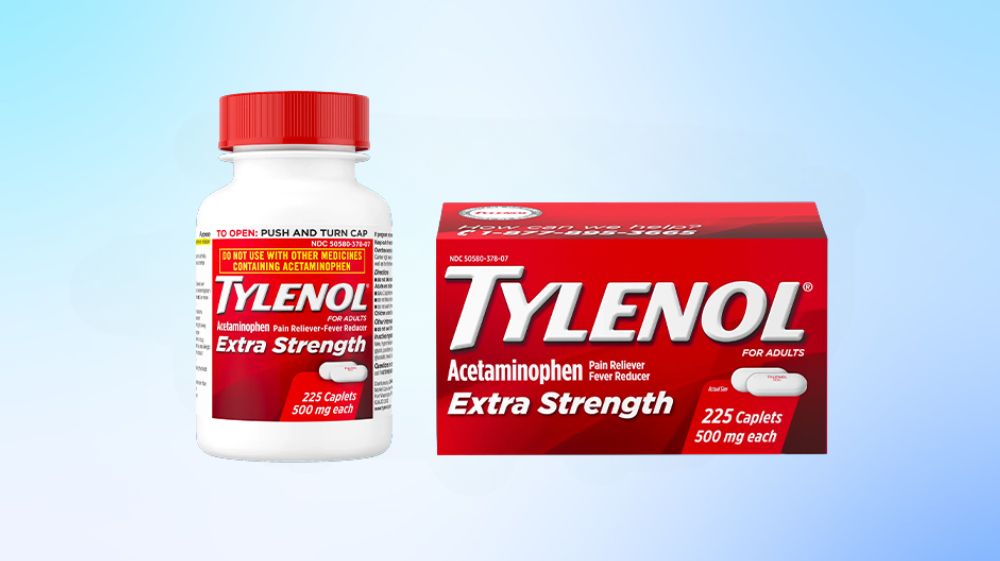
Excessive usage may affect hepatic activity, and thus, it is important to always take the prescribed dose and see a medical professional in case of liver issues or persistent pain.
Treatment Options for Teeth Pain by SmileOn
There are several toothache treatments and a dentist will recommend after examination of your teeth pain symptoms.
Here are common treatment options
- Toothache medicine (recommended by dentist)
- Dental fillings
- Dental crowns
- Tooth extraction
- Root canal treatment
Simple Remedies For Toothache
Toothaches can cause discomfort and pain. Many people find quick relief from this issue through different remedies. There are many age-old tactics to treat tooth pain and improve dental health. Here are some simple remedies to ease toothache.
- Saltwater Rinse: Melt salt into warm water to make a saltwater rinse. Give this mixture a few minutes to swish around in your mouth. Both cleaning and inflammation reduction are possible with salt water.
- Cold Press: Place a cold compress across your cheek. This numbs the discomfort and lessens swelling. The compress is to be applied for 15 to 20 minutes.
- Nonprescription Painkillers: Take either acetaminophen or ibuprofen as instructed. This drug may help manage pain and discomfort effectively.
- Clove Oil: Apply some clove oil to a cotton ball. Apply it straight to the tooth that hurts. It helps because Eugenol is a natural anesthetic which is found in clove oil.
- Garlic: Add some salt to a clove of garlic and grind it. On the afflicted tooth, apply this combination. Garlic can also be anti-microbial and help reduce discomfort.
- Peppermint Tea: Let the tea cool after brewing. You can compress it with a tea bag or swish it in your mouth. Peppermint is useful because it has calming and pain-relief effects.
- Hydrogen Peroxide Rinse: Add equal parts water and hydrogen peroxide and combine for rinsing with the mixture. Once it is out of your mouth, swish it around. This rinse helps reduce pain and kill germs.
- Warm Tea Bags: As a compress, use a warm tea bag. While the tannins lessen edema, the warmth can ease the pain.
- Avoid Certain Foods: Steer clear of foods high in sugar or acid. These may make teeth more sensitive and painful.
Consult a dentist as soon as possible if tooth pain worsens. They will identify the problem and suggest an appropriate course of action. These treatments don’t replace medical care and just offer short comfort.


